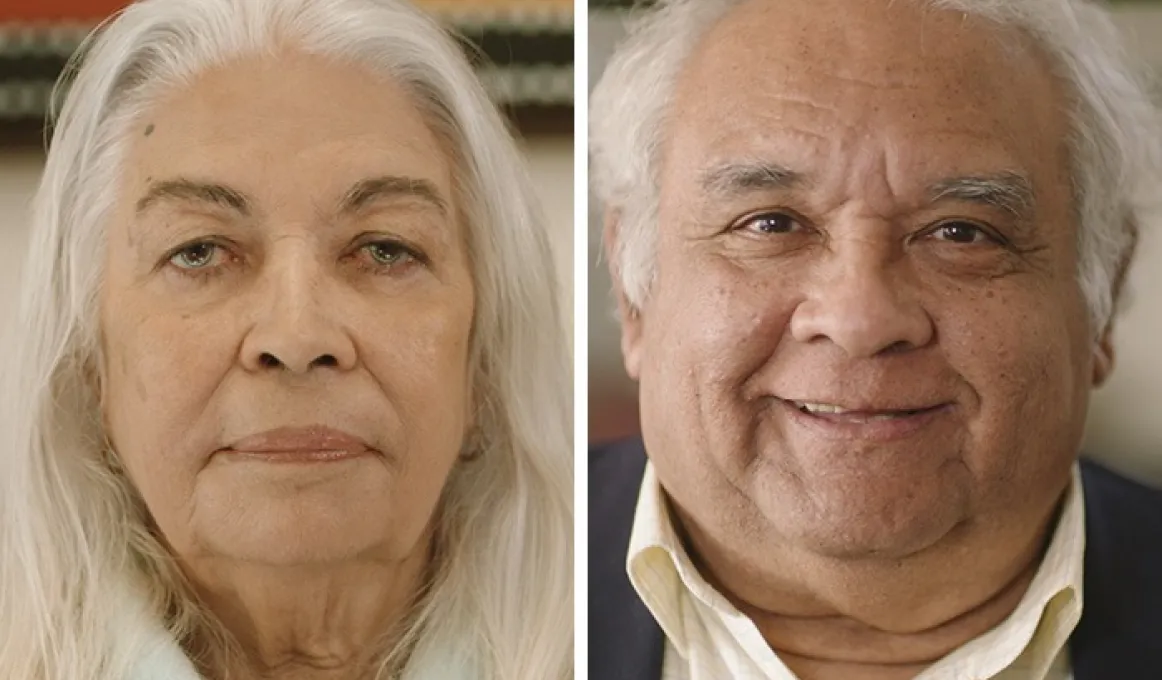Work with us and we will have a better future

Professor Dr Marcia Langton AO and Professor Tom Calma AO, co-chairs of the Senior Advisory Group leading the Indigenous voice co-design process, outline why they think an Indigenous voice is important in a new video.
Professor Dr Marcia Langton AO and Professor Tom Calma AO, co-chairs of the Senior Advisory Group leading the Indigenous voice co-design process, outline why they think an Indigenous voice is important in a new video.
‘For me an Indigenous voice is the missing part of Australia’s political system,' Professor Langton said.
‘I want a more robust system, and I want Aboriginal and Torres Strait Islander people to feel assured that their concerns are seriously considered by Parliament and by the Australian Government.’
An Indigenous voice will ensure Aboriginal and Torres Strait Islander peoples’ voices are heard in the development of policy and in decision-making at the local, regional and national level.
Three groups, the Senior Advisory Group, National Co-Design Group and Local & Regional Co-Design Group, are looking at how this will work.
All Australians will then be invited to provide feedback on the options and models for an Indigenous voice during public consultation later this year. Consultation will run through to early 2021.
‘Now is the time for the bureaucrats, the policy makers and the program managers to hear the voices of Aboriginal and Torres Strait Islander people, so that the programs that are being delivered to us, for us, are developed by us. We have to have a say because we have the solutions,’ Professor Calma said.
‘Work with us and we will have a better future.’
Find out more
To stay up to date with the process or get involved head to Get Involved.